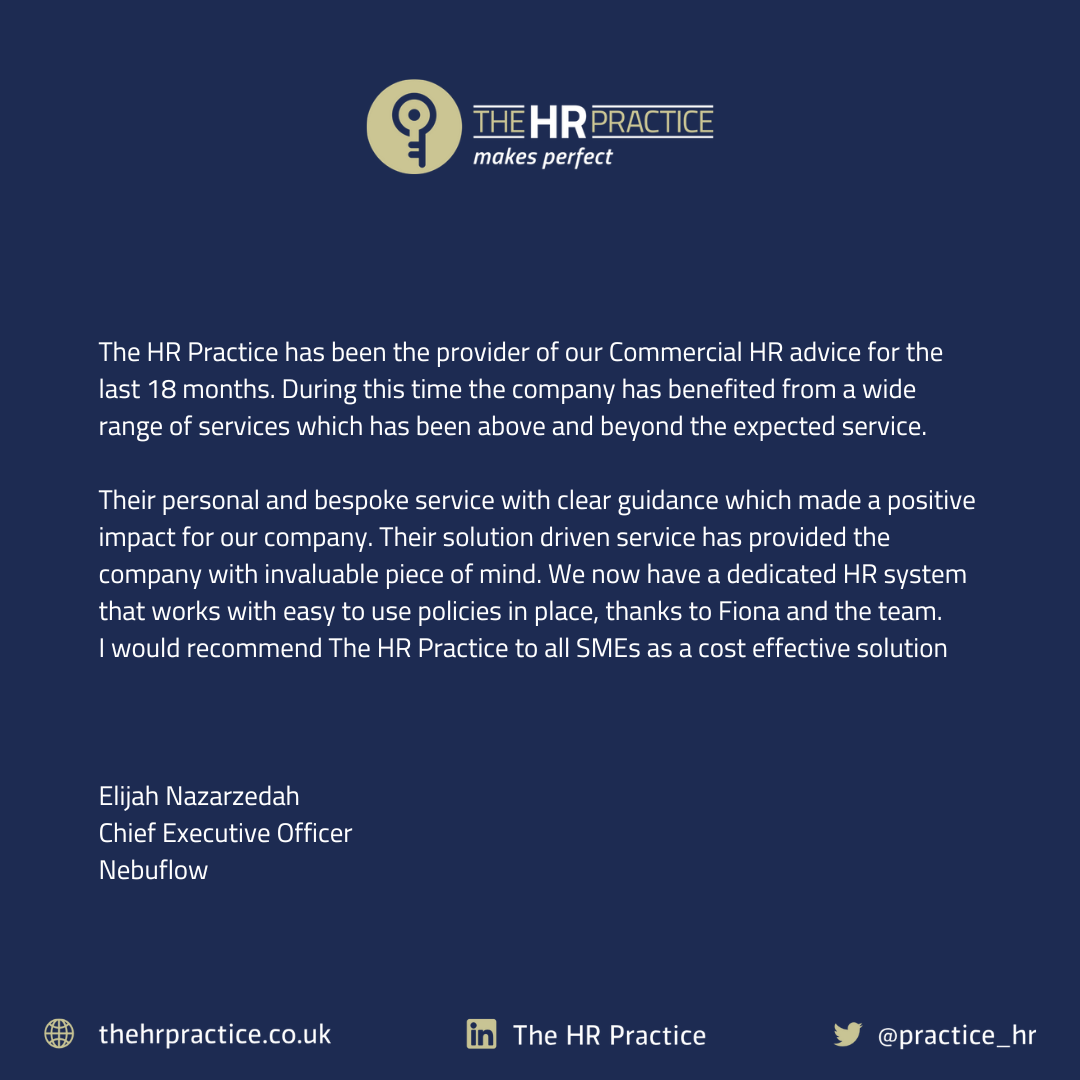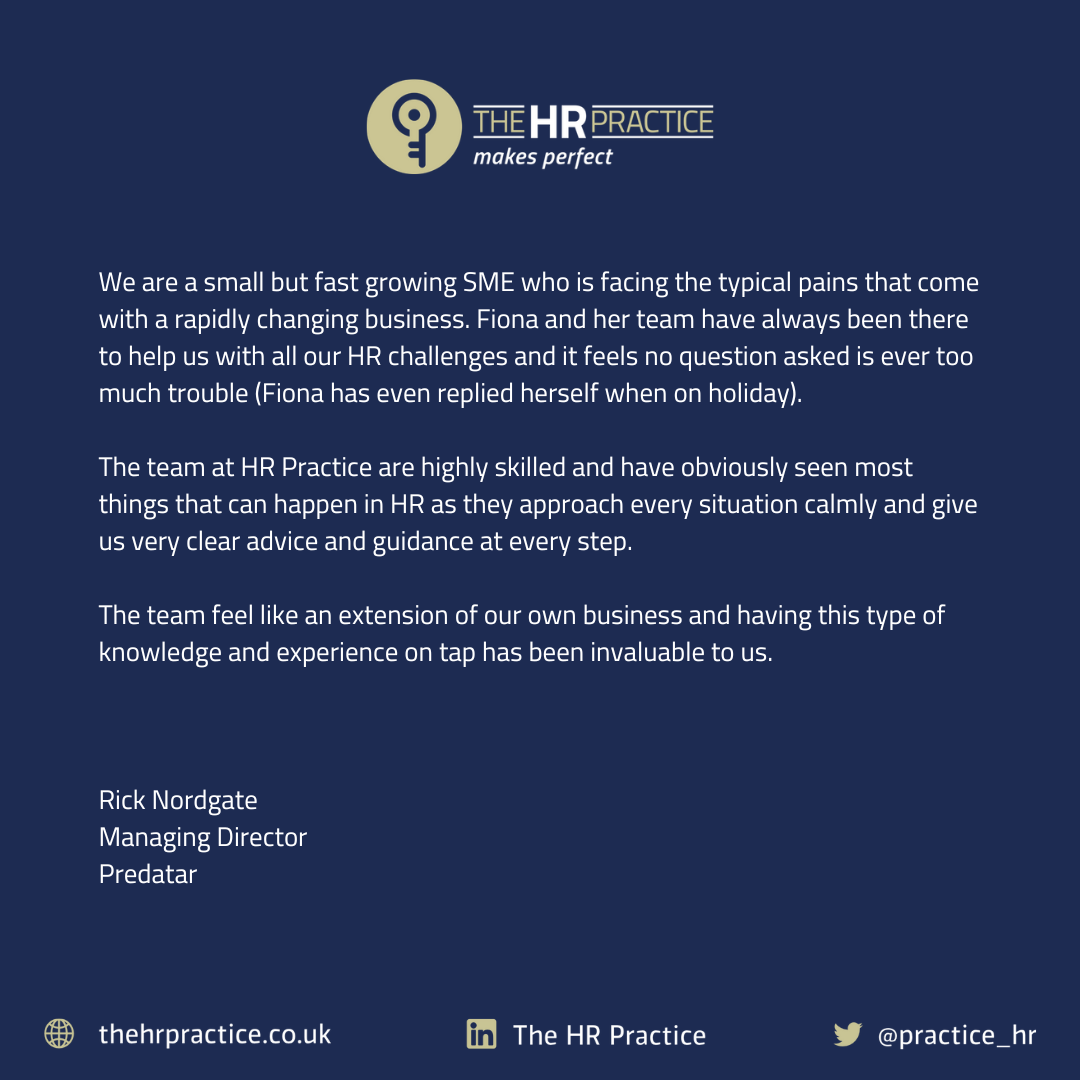A Closer Look at the Right to Disconnect Around the World
Introduction
In the modern world, the boundaries between work and personal time are often blurred due to constant connectivity through recent technological advancements. The right to disconnect addresses this issue, emphasising the importance of allowing employees to switch off after working hours. This concept is gaining traction in Europe and other parts of the world as governments recognise the need to protect their citizens' well-being in the digital age.
How Does the Right to Disconnect Work in Practice?
The right to disconnect means that employees should not be obliged to respond to work communications outside of their regular working hours. This means employers must respect their employees' personal time and cannot expect responses to work communications outside working hours. For instance, a company might implement a policy where emails sent after 6pm are not to be expected to be read until the next working day. Case studies show companies in France, where this right is legislated, have successfully adopted such practices, leading to a healthier work-life balance for employees.
Enforcement Mechanisms
Different countries enforce the right to disconnect in various ways. For example, France was a pioneer with its 2017 legislation requiring companies to negotiate with employees about digital disconnection. In Spain, Belgium and Portugal, similar laws mandate clear communication about work expectations. Many other countries around the world, particularly in Europe, South America and Australia, have implemented a right to disconnect with their own unique amendments to enforcement. However, enforcement can be challenging, requiring legislations to be put in place internally within businesses and constant dialogue between employers and employees to adapt to evolving work practices.
Impact on Directors and Senior Management
A common question within the topic is whether senior managers and directors should adhere to the same disconnection rules. The answer seems to be leaning towards yes. While senior roles come with more responsibilities, it’s crucial to set an example by not sending late night emails or expecting immediate responses. Policies can be designed to respect the need for downtime while ensuring essential communications are managed effectively. For instance, using delayed email delivery tools can help maintain productivity without impacting personal time.
Countries with a Right to Disconnect
Several countries have embraced the right to disconnect. France led the way in 2017, followed by Spain, Portugal, Belgium and Australia. Many parts of South America have followed suit, and there is a growing buzz around the concept, with other countries continually making efforts to adopt the concept. Many countries without a right to disconnect policy still mandate employers to protect workers' health, including mental health. These mandates often require rest breaks and time off during specific durations, including outside of working hours. Each country has tailored its legislation to fit its unique work culture, but all share the common goal of protecting employees' mental health and ensuring work-life balance.
Outcomes of the Right to Disconnect
Countries that have implemented the right to disconnect report positive outcomes, such as improved employee well-being and reduced burnout rates. However, some challenges persist, like adjusting company cultures and ensuring compliance. In France, for example, companies have noted better work-life balance, though some industries find it harder to adapt due to the nature of their work.
Surveys and Statistics
Numerous surveys highlight the benefits of the right to disconnect. Data shows a drop in reported stress levels and burnout among employees with clear disconnection policies. Productivity statistics often reveal that employees are more efficient and motivated when they know their personal time is respected. Comparisons before and after implementing these rights show a marked improvement in overall job satisfaction and mental health.
Mental Health Impact
The right to disconnect has had a profound impact on mental health. Employees who can truly switch off after work hours report lower stress levels, reduced anxiety, and a better overall sense of well-being. Case studies and testimonials from employees in countries with these policies highlight positive changes, with many noting a clearer separation between work and personal life, leading to enhanced job satisfaction.
The Right to Disconnect in the UK
Recently, the UK Labour government has introduced a proposal for a new “right to switch off” policy. This proposed legislation aims to give UK employees the right to disconnect from work communications outside their regular working hours. Drawing inspiration from models in Belgium and Ireland, the policy seeks to encourage a collaborative approach between employers and employees, including some mandatory compliance factors. The goal is to develop workplace policies or contractual terms that balance the needs of both parties, influencing a healthier work-life balance and protecting employee well-being.
Conclusion
The right to disconnect is crucial in today's work environment, offering a practical solution to the challenges of constant connectivity. It creates a healthier work-life balance, improves mental health, and increases productivity. As this legislation gains traction worldwide, it’s worth considering its future in the UK and how it might be adopted to benefit both employers and employees.
What are your thoughts on the right to disconnect? Have you experienced the benefits or faced challenges with such policies? Have you implemented any similar policies into your organisation to create a better work-life balance for your employees? Share your experiences with us.
At The HR Practice, we have helped several businesses implement their own policies into action at the benefit of their employee's wellbeing and work-life balance. We have seen firsthand how beneficial the impact of these policies can be, and if you’d like the same for your business don’t hesitate to contact us.
Let us take care of HR so you can take care of business.













